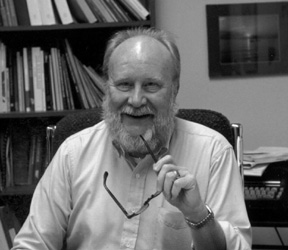Philip Hefner has accused me of misrepresenting his position. I believe I misunderstood his position on “religious naturalism”. I apologize for that as I am not in the business of intentionally misrepresenting people. The pertinent matter is that he certainly did endorse transhumanism as a working out of his evolutionary theological construct of “created co creator.” I would like to refer the reader to this entry from the eNotes Encyclopedia of Science and Religion:
A dynamic theological anthropology with the concept of the created co-creator in its core is elaborated by theologian Philip Hefner: Humans are created by God to be co-creators in the creation that God has purposefully brought into being. The word created thus relates to being created by God as part of the evolutionary reality (a view sometimes criticised for demeaning humans understood as imago dei). The word co-creator reflects the freedom of humans to participate in fulfilling God’s purposes (a view sometimes criticised for super-elevating humans to the same level as God). The paradigm of the created co-creator is Jesus Christ who reveals that the essential reality of humans has never been outside God.
Hefner, Philip. The Human Factor: Evolution, Culture, and Religion. Minneapolis, Minn.: Fortress Press, 1993.
Klein, Ralph W. ed. Philip Hefner: Created Co-Creator. Currents in Theology and Mission 28, no. 3–4 (2001).
HUBERT MEISINGER
I find it reassuring that Mesinger thought it was pertinent to include the comment “a view sometimes criticized for super-elevating humans to the same level as God.” Which was exactly the criticism I arrived at independently .
What Hefner argues is that transhumanism is a way we will participate in God’s purpose. And yes I believe it is incredibly presumptuous to elevate man to that level. God can handle creation just fine on his own. No responsible man of God should be equivocating transhumanism with God’s purpose. I stand by my last post.




